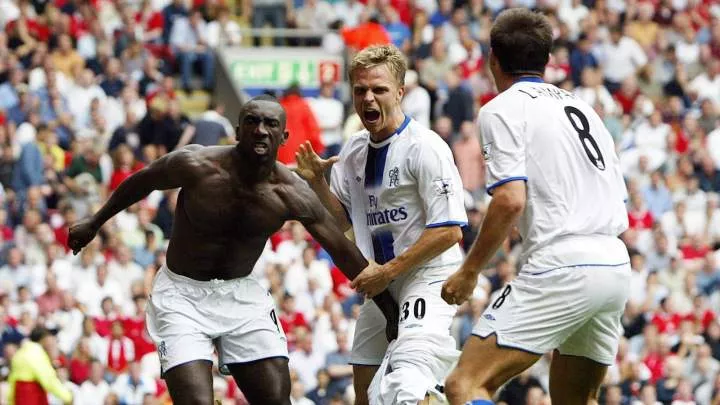
The stand-out fixture of the opening weekend of the new Premier League season is undoubtedly between Chelsea and Liverpool on Sunday.
The game marks the latest new era at Stamford Bridge, with Mauricio Pochettino making his managerial bow for the Blues, while Jurgen Klopp will be looking to kickstart a new golden era with the Reds. There is a curiosity about both sides given how last season was either mildly or completely disastrous.
The game also sees a repeat on the touchline of the 2019 Champions League final, with Pochettino looking to exact revenge for the biggest loss of his managerial career in Madrid.
Perhaps he has already gained a semblance of that with the saga of Moses Caicedo, who had seemed set to move to Anfield before it became clear that he only had eyes for Chelsea. Perhaps he could play a half for either side?
It is a huge and significant game but it pales in comparison to the last time these two famous clubs met in the first game of a league season. If this is the latest new era at Chelsea, the summer of 2003 and the opening game saw the dawn of a near-new club with the arrival of Roman Abramovich.
We did not know it then but English football would simply never be the same. Twenty years have gone by in the blink of an eye, but things have irreversibly changed in the intervening years.
The story of that summer and that clash starts with the final game of the season before, which saw Chelsea and Liverpool clash at the Bridge with the fourth and final Champions League spot up for the grabs. Needing just a point to seal it, Jesper Gronkjaer's stunning winner handed them all three points and saved the club from near financial ruin and towards riches never seen before in the sport.
The play-off type game was christened 'the £100m game' but it would be so much more for Chelsea. Just weeks later, on July 1, it was announced that long-term owner Ken Bates had sold the club to a mysterious Russian for £140m.
It turned out the 36-year-old Abramovich was an oligarch, one of the few Russians who had benefited from privatisation after the fall of Communism just over a decade before. Links to Vladimir Putin are in the open now but back then, very few questioned it and football was naïve to what was staring it in the face.
The fit and proper owner's test might be a joke now (hello MBS!) but back then, there wasn't even the pretence of a test. Abramovich swanned in the gates of English football and embarked on a £120m spending spree that gazumped that of any club in history.
Chelsea quickly became sexy and exciting as near-weekly, that yellow ticker on Sky Sports News would break news of their latest expensive trinket. Hernan Crespo, Adrian Mutu, Damien Duff, Juan Sebastian Veron, Joe Cole and, the greatest of them all, Claude Makelele were the standouts, Alexey Smertin was the strangest and was immediately loaned to Portsmouth.
Meanwhile, Liverpool spent a little over £10m, which displayed the sheer gulf in finances between Chelsea and the rest, particularly with FFP not yet introduced. Harry Kewell for £5m was a snip at the time, even if he would turn out to be a rather colossal disappointment on Merseyside.
Claudio Ranieri's job was up for grabs from day one, with Sven lurking around, but The Tinkerman took charge at Anfield on Sunday August 17, 2003 with his sparkling new line-up, which featured Veron from the off, as well as Duff, Glen Johnson and Geremi. John Terry and Frank Lampard also started, assuming the role of the long-term bridge between the eras.
With new money came instant change as the Blues lifted their Anfield hoodoo by winning their first ever Premier League game there (their last win had come in 1992). Veron scored his only goal for Chelsea early on before Michael Owen equalised from the penalty spot at the second time of asking (Carlo Cudicini pulled up for encroachment before it was a regular occurrence). Chelsea's go-to guy Jimmy-Floyd Hasselbaink came off the bench to net the winner with just three minutes remaining.
The new era was up and running but the win was so much more than simply three points; it signified the changing of the guard in English football.
In the 40 seasons until 2003/04, Chelsea had finished ahead of Liverpool just four times. In the next five seasons, that total would instantly be topped as the Blues overtook the Reds in the pecking order, upsetting the duopoly enjoyed by Manchester United and Arsenal in the process.
When Jose Mourinho and Rafael Benitez landed in west London and Merseyside the very next summer, the club's rivalry went to an entirely new level, as they played an absurd 16 times in just over three seasons across every competition, Chelsea dominating the league and Liverpool the cup clashes.
Even after Jose left for the first time, the matches continued, as the pair met in five straight Champions League campaigns. 2021/22 saw the rivalry resumed again with two domestic cup finals, both won on penalties by Jurgen Klopp's men.
For football, and specifically, the English game, the 2003 summer and Abramovich's takeover opened the floodgates for foreign investment, dodgy owners and state ownership, which has left football at the mercy of geopolitical tensions, as seen with the fall of Roman's empire last year.
Abramovich joined Milan Mandaric at Portsmouth as the only other non-English owner in the top flight. Twenty years later, there are just five English owners.
The two clubs are now owned by American groups, with both Clearlake Capital and FSG facing serious questions about their very different models of ownership and transfer market activity.
With so many variables swirling around Chelsea and Liverpool going into Sunday's game, anything could happen but most likely nothing: Four goalless games have passed since the last goal.
But whatever does happen, it will never compete with the seismic nature of their clash 20 years ago. Its fall-out will be still felt in another 20 years, with football rapidly eating itself alive.

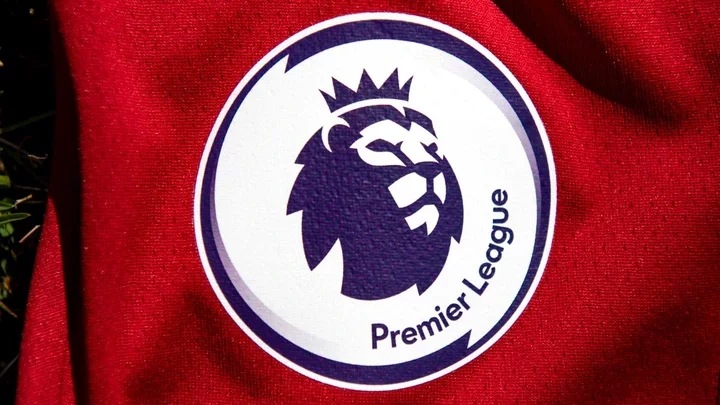
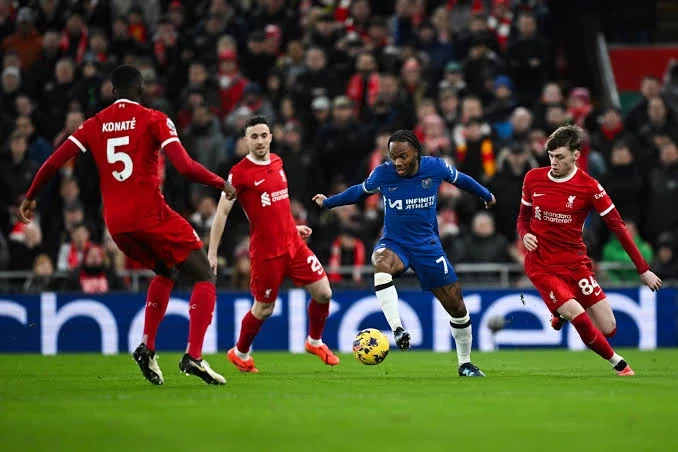
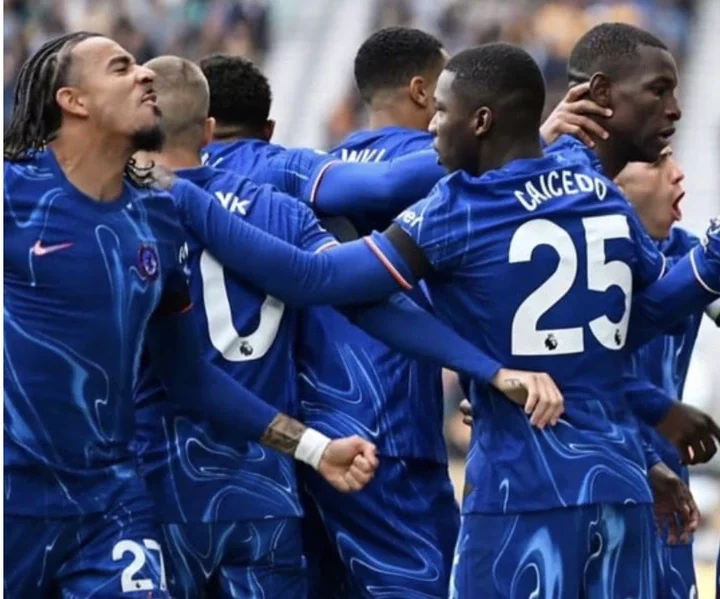
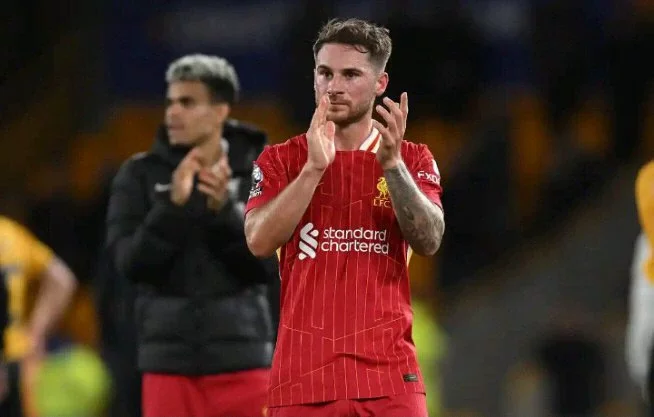
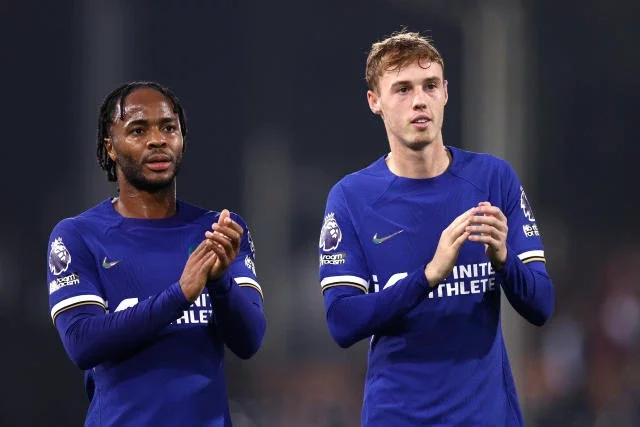
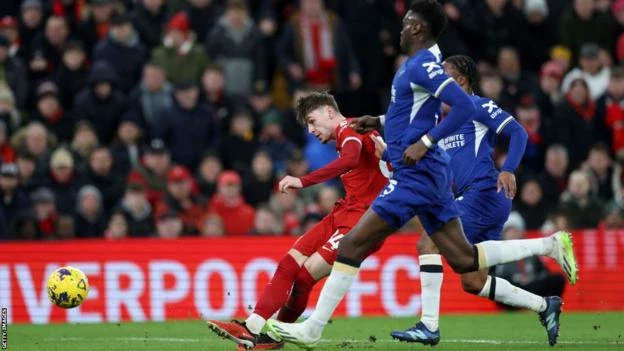
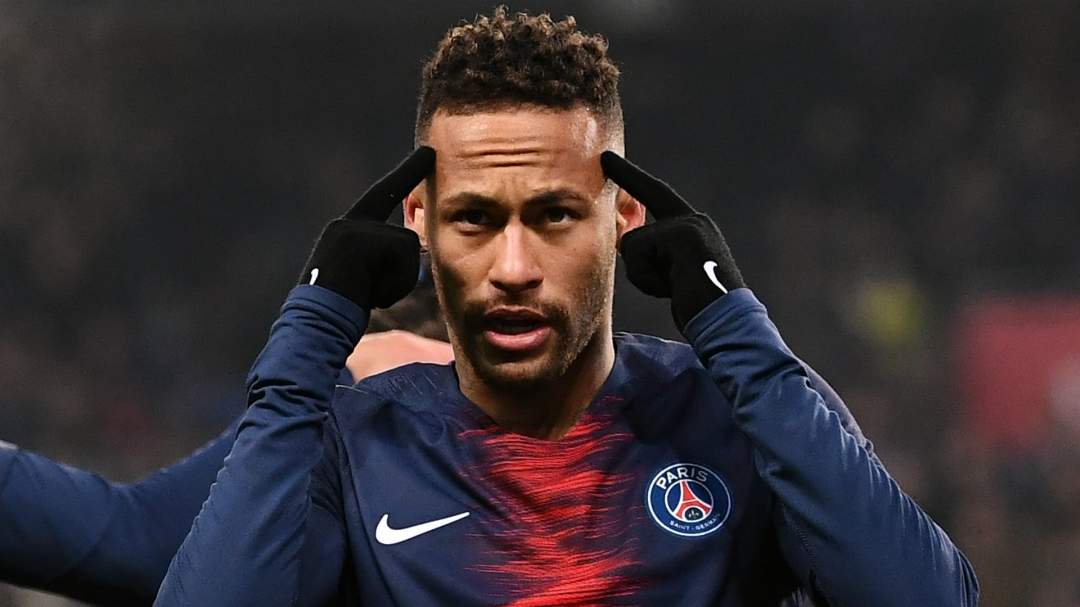
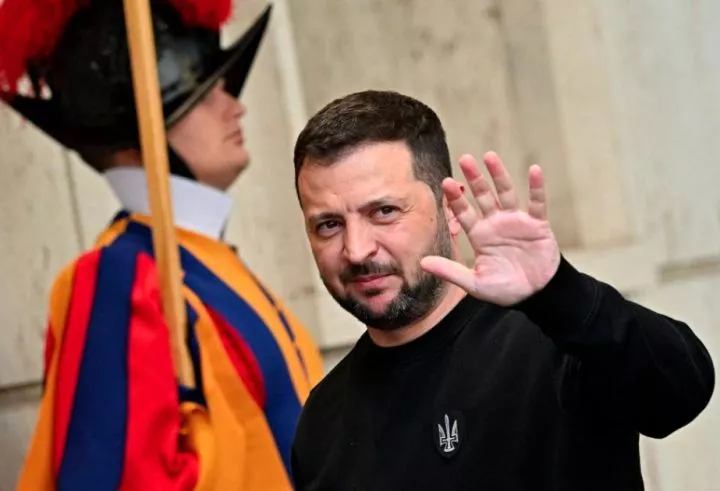

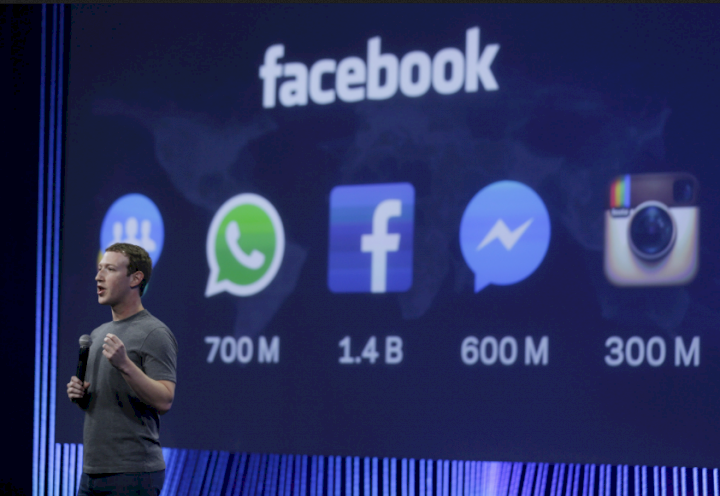
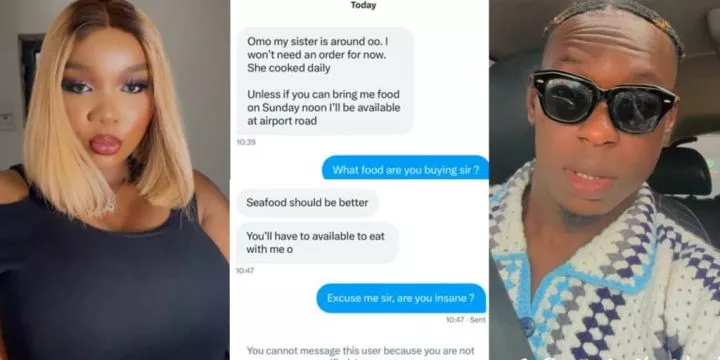
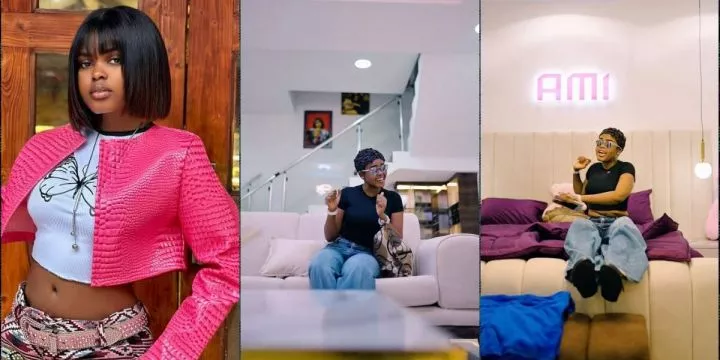
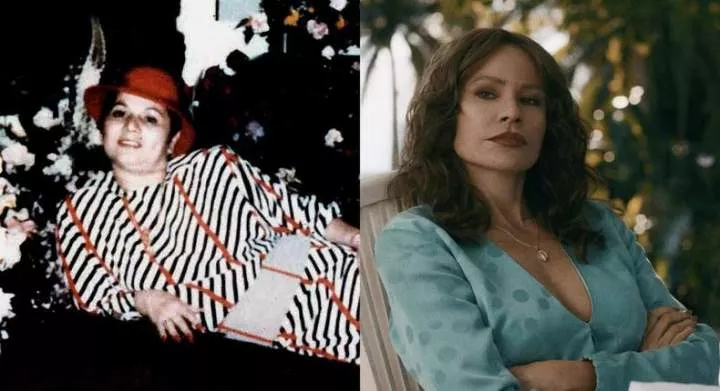
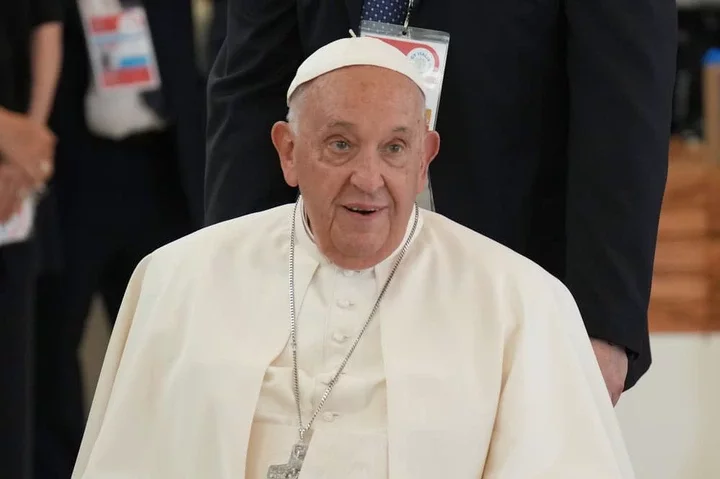


Comments